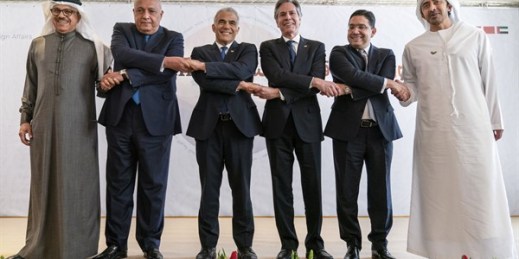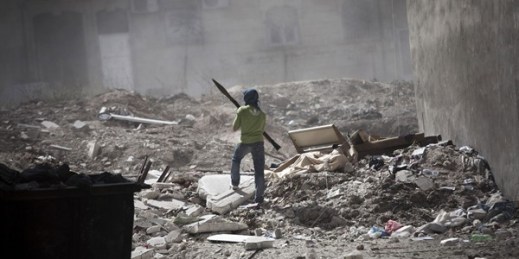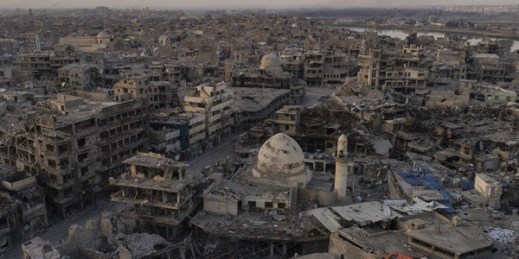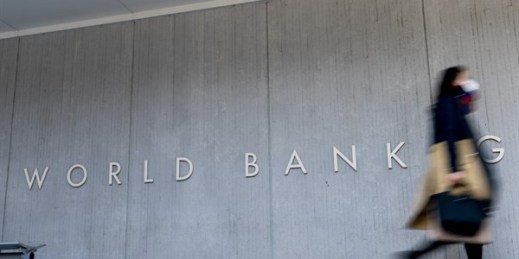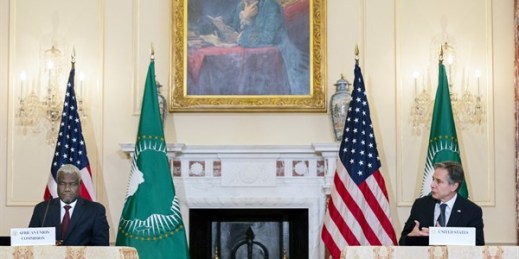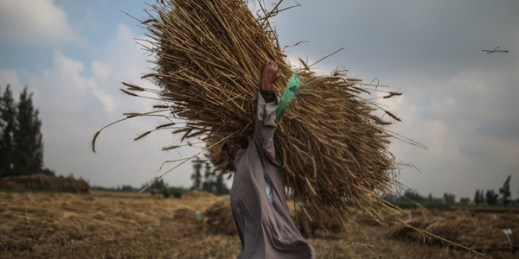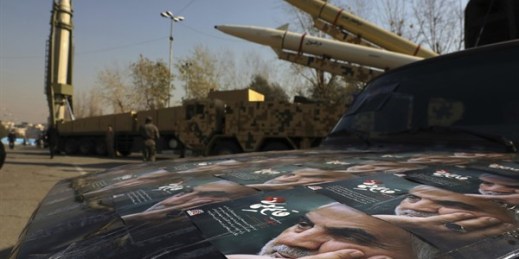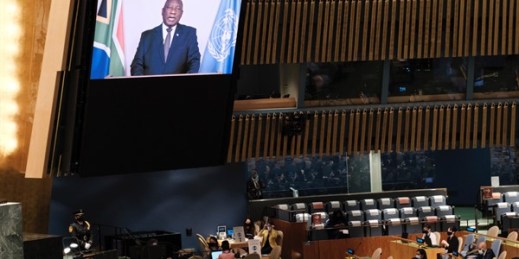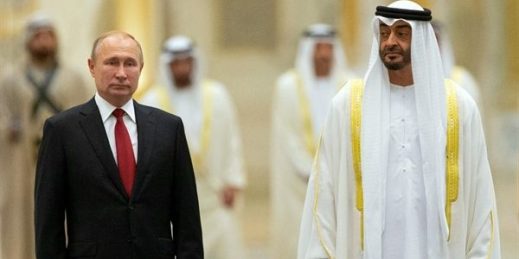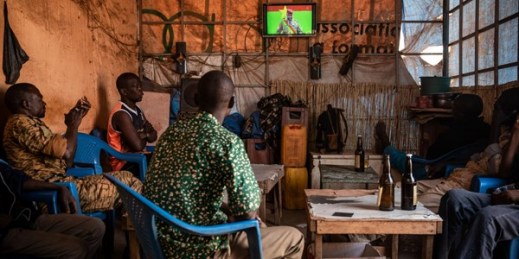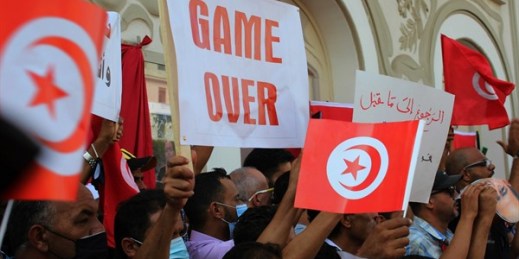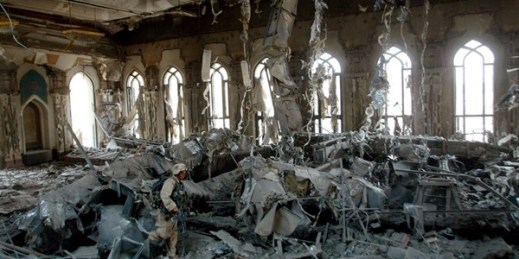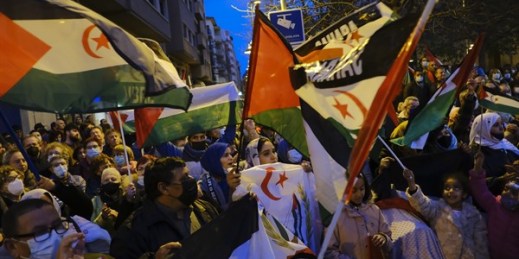
In mid-March, Spanish Prime Minister Pedro Sanchez sent a letter to Moroccan King Mohamed VI, supporting Rabat’s plan to grant Western Sahara autonomy over its internal affairs, while remaining under Moroccan sovereignty. The move appeared to be an abrupt departure for Spain, which has maintained a position of careful neutrality over its former colony’s efforts to gain independence from Morocco for nearly 47 years. When the Moroccan Foreign Ministry eventually made Sanchez’s support public, it provoked an uproar in Spain centered around two primary questions. First, Does this really constitute a major policy change for Spain, given that it has never explicitly ruled out the Moroccan autonomy […]

